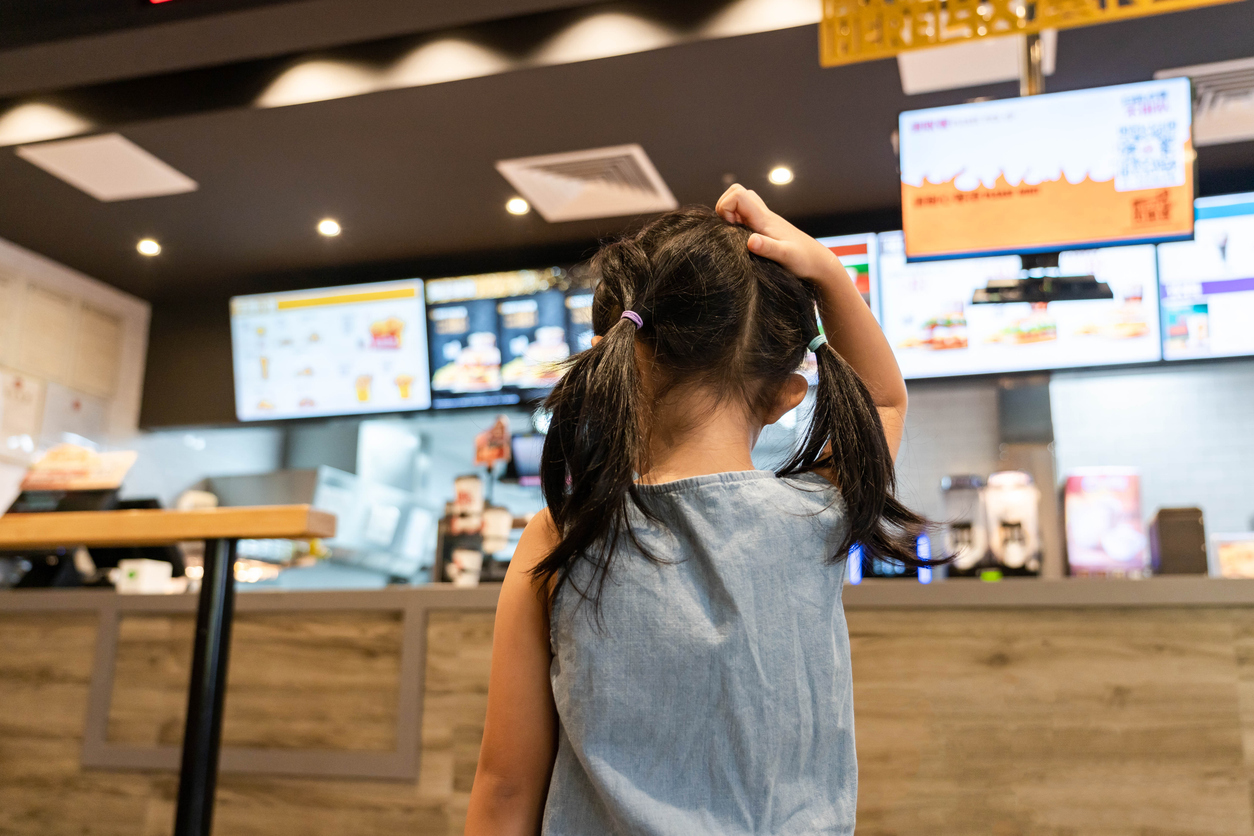Voice AI has been quietly transforming industries over the years, and its impact on customer service and restaurant ordering is now impossible to ignore. What started with simple decision-tree IVR (Interactive Voice Response) systems has evolved into advanced AI-powered solutions that are shaping the way businesses interact with their customers. While early iterations introduced the concept to the masses, they often left much to be desired, creating frustration rather than satisfaction. Today, however, the technology is making big strides, especially in the restaurant industry.
A Look Back At Early Voice AI Technology
Early voice AI systems, particularly in customer service, were largely associated with IVR systems that made users feel trapped in endless loops of unhelpful options. These systems left customers frustrated as they struggled to navigate the limited menus and receive real assistance. A 2019 study by Gartner found that 70% of customers found IVR systems frustrating, and many preferred to speak to a live agent. The reputation of voice AI took a hit as companies like Comcast and various insurance providers deployed these systems more as a cost-saving measure rather than a tool for enhancing customer experience.
Unfortunately, this led to a broader perception that voice AI was synonymous with poor customer service. However, this was more a reflection of the companies’ priorities than the technology itself. Many businesses at the time were more focused on reducing costs than delivering exceptional customer service, leading to a widespread lack of trust in AI-powered systems.
Voice AI In Restaurants: A New Opportunity
In contrast, the restaurant industry presents an opportunity to implement voice AI in new ways. Restaurants thrive on providing excellent service and customer satisfaction—elements that are directly tied to their success. As a result, the adoption of voice AI in this space has been more about enhancing the customer experience rather than cutting costs.
The first step toward voice AI ordering in restaurants began with the use of call centers. This allowed restaurateurs to manage peak times by outsourcing phone orders to specialized teams. While this helped reduce wait times, it wasn’t without its challenges. Many customers disliked speaking with call center agents and order accuracy wasn’t always guaranteed. These issues echoed the earlier frustrations in other industries that outsourced customer interactions.
Unlike companies that saw customer service as a cost center, restaurants recognized the importance of making the ordering process as smooth and enjoyable as possible. And so voice AI began to gain momentum with its ability to instantly greet customers, take orders without delay, and ensure a consistent experience. As more brands have tested with voice AI solutions, they’ve seen how quickly it can streamline operations without sacrificing service quality.
Advantages Of Voice AI In Restaurant Ordering
The core principles of customer service—delighting customers, providing a frictionless experience, and delivering delicious food—remain unchanged. However, voice AI offers several advantages that align perfectly with these goals. One major benefit is the elimination of hold times. Even if it takes a bit longer to complete an order, customers perceive the experience as faster because they’re greeted and assisted immediately.
Voice AI also introduces a "neutral" third party in the ordering process. If an error occurs, both the customer and the restaurant staff can attribute it to the AI, which can diffuse tension and lead to faster resolutions. This can create a better overall experience for employees and guests, improving customer satisfaction and reducing employee stress.
Technological Advancements In Voice AI
One of the most significant advancements in Voice AI has been the evolution of natural language processing (NLP). Unlike earlier systems that relied on rigid scripts and limited responses, modern AI can understand and process more complex requests. For example, if a customer wants to make a customization or has a specific dietary requirement, AI systems are capable of handling these nuances with far greater accuracy than older systems.
AI systems like Google Duplex, which can autonomously book restaurant reservations over the phone, showcase how far the technology has come. The AI sounds natural, adapts to unexpected responses, and even uses human-like pauses and intonations to make interactions smoother.
Future Outlook
As voice AI continues to evolve, the possibilities are expanding rapidly. Innovations in conversational AI and machine learning are paving the way for more sophisticated interactions. In the near future, we might see voice AI systems that can handle not just ordering, but personalized recommendations, real-time adjustments based on customer feedback, and even proactive customer engagement.
However, it’s not all smooth sailing. Companies must address ongoing concerns about security and privacy, particularly when it comes to storing voice data and ensuring that these systems aren’t vulnerable to breaches. Ensuring customers feel secure while interacting with voice AI will be key to widespread adoption.
Putting Everything Together
The evolution of voice AI in customer service and restaurant ordering is a testament to the technology's growing capabilities and the unique needs of different industries. While early efforts may have left some customers with a bad taste, the future of voice AI, particularly in restaurants, is bright. By focusing on improving customer and staff experiences rather than just cutting costs, brands can unlock the full potential of voice AI and create seamless, enjoyable interactions that benefit both customers and employees alike. Curious to see how Checkmate can help your restaurants implement voice AI? Check out our website and book a free consultation.

.jpg)



